
My friend Leslie called yesterday: “I’m worried about Hillary’s health.” I talked over her: “Jeez, don’t worry about it. It’s walking pneumonia. The rest is just right wing blather to make her look old and doddery and frail. They gave her a big-ass dose of antibiotics. She’ll be fine.”
Leslie pressed on: “Well I mean, last year when I had pneumonia, I had to go to bed for two weeks. I would wake up in the morning and make breakfast for the kids, and then I had to go back to bed.” I snapped back: “Well, that’s not an option.”
Then I took a breath. Oh. When Leslie said she was worried about Clinton’s health, she didn’t mean she was politically worried. She meant she was worried about her as a person. She was worried about the fact that Hillary Clinton must feel horrible—weak, thirsty, feverish, ready to cough up a lung—and yet she has to get up before the sun, make speeches at the top of her voice, and embrace thousands of strangers like second cousins on Thanksgiving Day. That must suck. How is it even possible?
Right. Leslie was worried about Hillary in the way that compassion dictates—concern for your fellow human.
Well, that was unimpressive. That I blew right past the suffering of this poor, overstretched woman and went right to counting votes in North Carolina. Later, after the dinner dishes were washed, I snuck a peek at the news. The CNN headline: “Hillary Clinton Stumbles–Will Her Campaign Follow?” The Washington Post led with: “Hillary Clinton’s health just became a real issue in the presidential campaign.”
Let’s set aside for a moment the crassness of overshadowing the fifteenth anniversary of the nation-stopping tragedy of 9/11 with a breathless account of a respiratory illness and consider this: Just last week, the headlines were things like: “Clinton Campaign Wants to Humanize Hillary” and “Hillary Clinton: Campaign Attempts to Humanize Her Again.” The worst of this batch came during the Democratic Convention: “Bill Clinton Praises His Wife’s Feminine Side.” Ok, ick. And from the New York Times no less.
But here’s a news flash for all of us—members of press and members of the public alike—humans live in bodies. Humans are bodies. There is nothing more humanizing than having a head cold. No matter how hard we struggle and argue that we “don’t have time to be sick,” we don’t have a choice. We shiver and sneeze and cough until the coronaviruses run their course and decide they are done with us.
These presidential campaigns are brutal. They are inhumane. They are—indeed—unhuman in some very fundamental and creepy way. And we hate them for it. We hate the poll-tested messages, the spin rooms, the inaccessibility and craven manipulation of the electorate. We hate the size, the scale. We hate the money and the advertising. We hate the glitz and the confetti and the phony carnival of the balloon drop.
And we should. Somehow, in the deep recesses of our cynical hearts, we do know that a government of the people, by the people, for the people requires actual people. And people come with all the inconvenient frailties of the mortal, animal bodies that we’re born into. That includes head colds and menstrual cramps and poor eyesight and foggy thinking when we’re exhausted.
Of course, we can’t talk about this without taking note of the skin-crawingly gendered nature this conversation. We love to use women’s bodies—in all their glorious humanness—to question and marginalize and cast doubt on the competence of their (our) minds.(I’m thinking about Hillary Clinton’s dash to the podium after using the ladies room in an otherwise all-male debate.)
Don’t get me wrong. I’ve watched enough West Wing to know that it’s a bad idea for presidential candidates to cover up major, chronic health issues. But Hillary Clinton’s pneumonia is a chance—among many—for us to take a breath and re-set. We say we want authentic candidates—and elected officials—who represent us and who understand what we’re going through out here in the provinces as we muddle through our days sleep-deprived and rumpled and plagued by head colds. That said, though, we have to grow up. We can’t have it all. We can’t have the perfectly polished, elegantly coiffed, gaffe-less candidate who is also authentic and empathetic and real. Real is real. And sometimes real gets a nasty case of pneumonia.

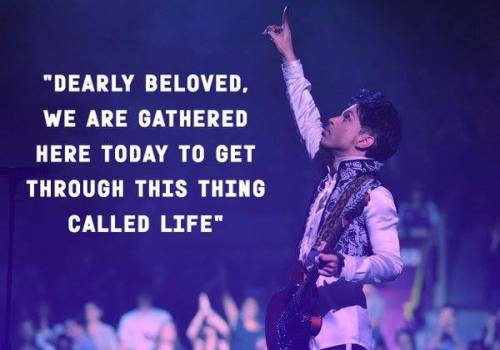
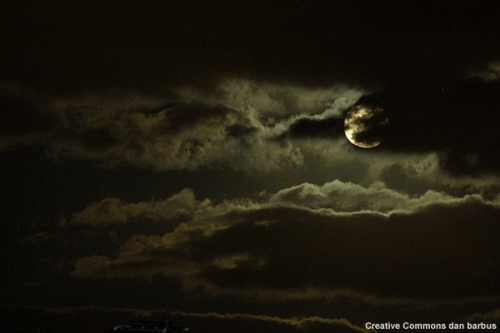
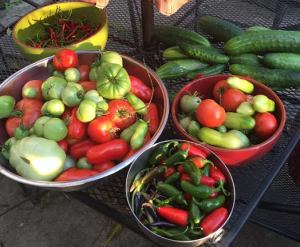

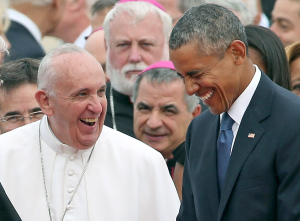

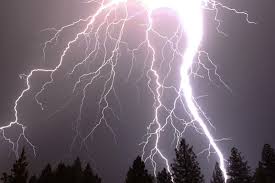




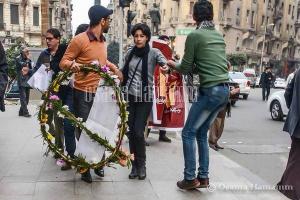
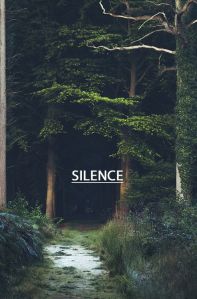 it victims of the hurricane in the Philippines: “All I can do is keep silence and walk with you all with my silent heart.”
it victims of the hurricane in the Philippines: “All I can do is keep silence and walk with you all with my silent heart.”
